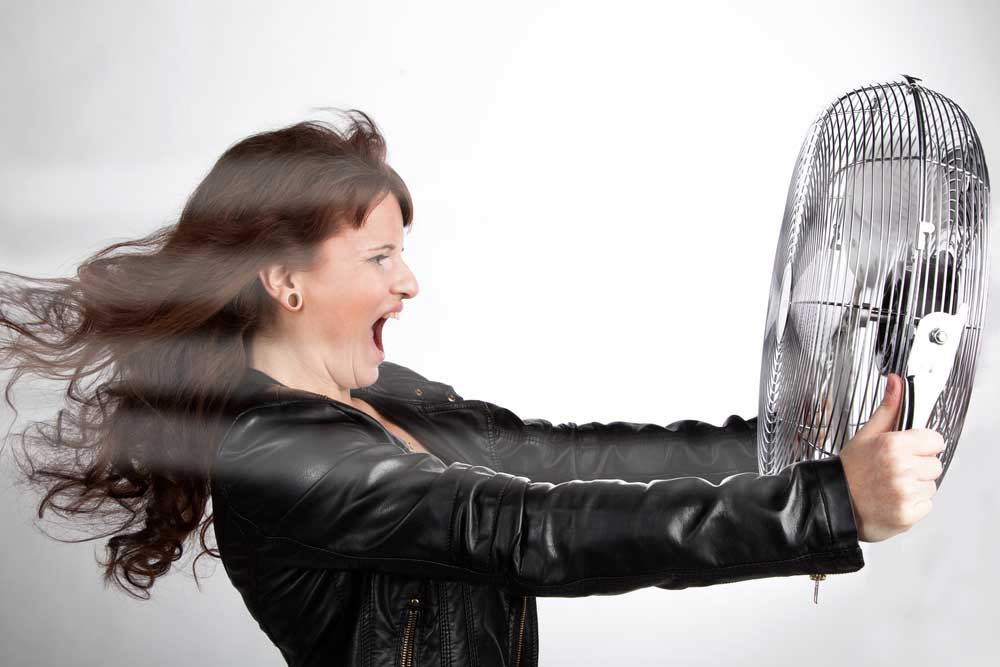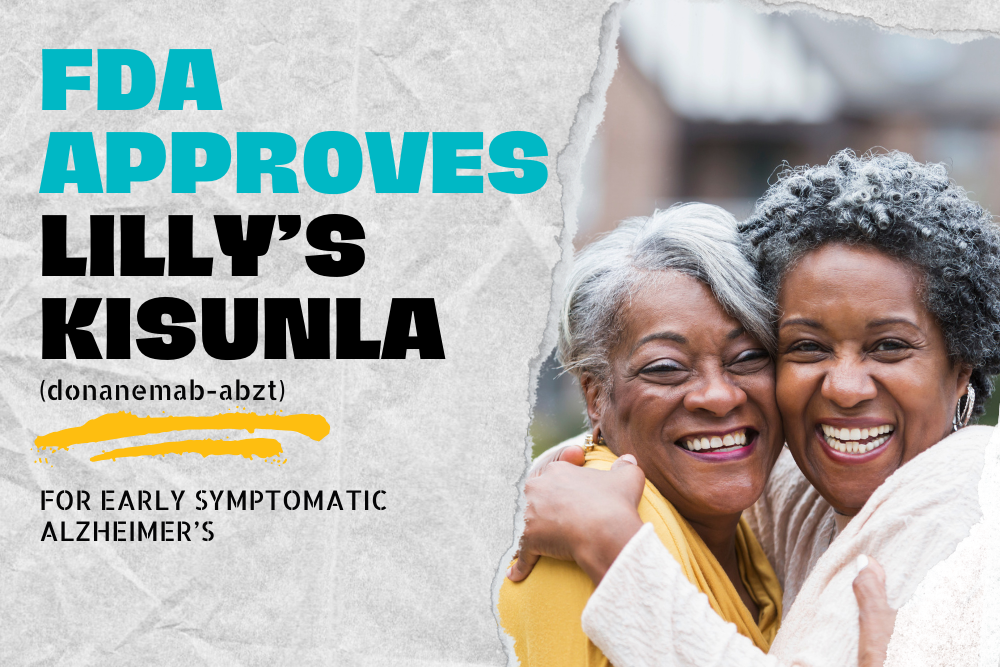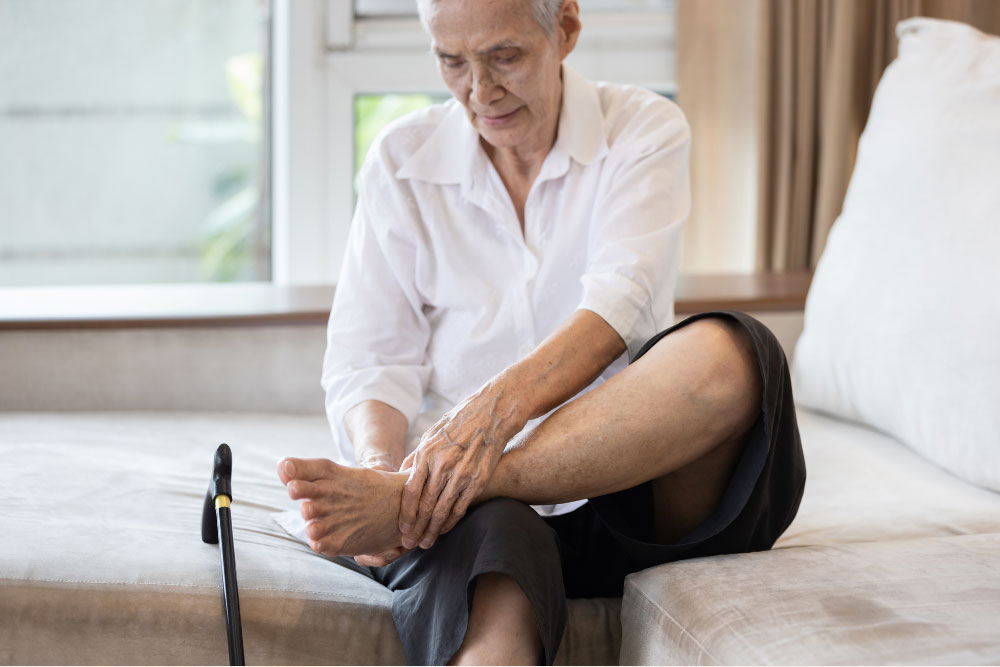Is it hot in here, or is it me?

Hot flashes are sudden feelings of warmth. Your skin might redden, as if you’re blushing. Hot flashes can also cause sweating, and if you lose too much body heat, you might feel chilled afterward. Although other medical conditions can cause them, hot flashes most commonly are due to menopause. Hot flashes are the most common symptom of the menopausal transition. Frequency of hot flashes can range from a few a week to several an hour. They can be mild or severe enough to interfere with qualify of life. There are a variety of treatments for particularly bothersome hot flashes.
Symptoms
During a hot flash, you might have a sudden feeling of warmth, a flushed appearance with red blotchy skin, rapid heartbeat, perspiration, a chilled feeling as the hot flash lets up.
Causes
The cause of hot flashes isn’t known, but it’s likely related to several factors. These include changes in reproductive hormones and in your body’s thermostat, which becomes more sensitive to slight changes in body temperature.
Complications
Nighttime hot flashes (night sweats) can wake you from sleep and, over time, can cause chronic insomnia. There is some association with hot flashes and increased risk of heart disease and bone loss.
Don’t suffer in silence!
Diagnosis
Your doctor can usually diagnose hot flashes based on a description of your symptoms. Your doctor might suggest blood tests to check whether you’re in menopausal transition. Before your appointment: make a list of your symptoms, how many hot flashes you have a day and how severe they are, medications, herbs, vitamins and supplements you take, including doses, questions to ask your doctor.
Treatment
Discuss the pros and cons of various treatments with your doctor. There are prescription and non-prescription medications available. Hot flashes subside gradually for most women, even without treatment, but it can take several years for them to stop.
Lifestyle and home remedies
If your hot flashes are mild you may be able to manage them with lifestyle changes without medication. Keep cool. Dress in layers so that you can remove clothing when you feel warm. Use a fan or air conditioner. Lower the room temperature. Sip a cold drink. Watch what you eat and drink. Hot and spicy foods, caffeinated beverages, and alcohol can trigger hot flashes. Relax. Meditation; slow, deep breathing; or other stress-reducing techniques may help. Don’t smoke. Smoking is linked to increased hot flashes. as well as your risk of many serious health conditions, Lose weight. If you’re overweight or obese, losing weight might help ease your hot flashes.
Mind and body approaches
A growing body of evidence suggests that certain techniques can help ease hot flashes. Mindfulness meditation: This type of meditation has you focus on what’s happening from moment to moment. Acupuncture: Some studies indicate that acupuncture might reduce the frequency and severity of hot flashes. Hypnosis: Some research indicates that hypnosis might help relieve hot flashes. Cognitive behavioral therapy: This type of talk therapy may help you cope better with hot flashes.
Dietary supplements
People often assume that “natural” products cause no harm. However, all supplements may have potentially harmful side effects, and supplements can also interact with medications you’re taking for other medical conditions. Always review what you’re taking with your doctor.
Clinical trials
Research is underway to find new and better treatments for managing hot flashes. This may be an especially attractive option if your hot flashes are frequent and severe enough to interfere with your quality of life. Research can give you an option other that hormone therapy, for those that wish to avoid hormones.
Written by: Julia Baker, RN, CCRC
Resource: www.mayoclinic.org



